S&P 500: 1.67% DOW: 1.02% NASDAQ: 1.94% 10-YR: 1.43%

Last Week on Wall Street - July 3
What Happened?
Indexes climbed to highs into the long weekend as investors parsed the jobs report. Technology (+3.1%) outperformed while Energy (-1.2%) lagged and was the only sector in the red.
- Jobs report
- Manufacturers continue to face supply shortages
- Banks pass the Fed stress test
- Consumer confidence leaps
- Interesting articles from the Waterloo Watercooler
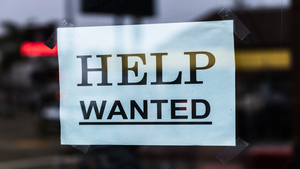
Jeffry Bartash and Greg Robb - MarketWatch
US Gains 850,000 New Jobs in June, Sign of Strength for the Economy
The U.S. created a robust 850,000 new jobs in June, the biggest increase in 10 months, as the economy perked up and companies rushed to add more workers. Most of the new jobs came from service-oriented positions at restaurants, hotels, retailers, and such. However, the unemployment rate rose slightly to 5.9% from 5.8% mostly due to the increase in the labor participation rate. The paradox of what’s turned into a strong economic recovery is that unemployment is still quite high despite a record number of job openings. Still, the increase in private-sector hiring in June suggests companies are finding ways to attract or retain valued employees. Many have raised pay and benefits or offered other incentives such as bonuses.
The key takeaway is that although this was a strong jobs report, at the current pace of hiring it’s likely to take more than a year before employment returns to pre-Covid levels. There are plenty of job openings and more than enough people to fill them. However, the fear of the virus, caretaking responsibilities, and generous unemployment benefits are just some reasons Americans are reluctant to go return to work. The market responded well to the jobs report as equities opened finished higher.
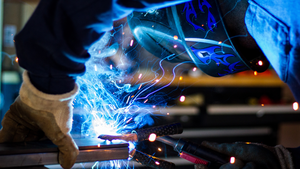
Jeffry Bartash - MarketWatch
US Manufacturers Grow Rapidly Again in June, but Major Shortages are a Headache
The ISM manufacturing gauge slipped to 60.6 in June from 61.2 in May. Although any number above 60 is exceptional and any reading over 50 signals growth, companies still have many of worries even as the orders roll in. Prices for materials have risen sharply, products aren’t getting delivered on time and in some cases, companies simply lack enough labor to make as much as they can sell.
The key takeaway is that manufacturers have all the orders they can handle, however, the problem is filling them. The disruption in supply chains and lack of skilled labor all due to the pandemic remain as headwinds going forward. These bottlenecks won't be going away immediately and investors will continue to look for any signs of normalization.
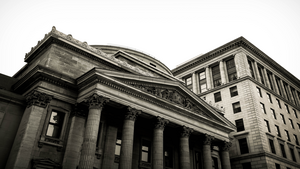
Breck Dumas - FOXBusiness
Big Banks Hike Dividends after Passing Fed's Stress Test
Several major US banks including JP Morgan Chase, Bank of America, Wells Fargo, Morgan Stanley, and PNC announced dividend boosts on Monday. Of these, Bank of America, Wells Fargo, and Morgan Stanley also announced $10+ billion buybacks. These actions came on the heels of an announcement from the Fed that all big lenders passed their stress tests and that the increased restrictions imposed due to the pandemic would be lifted.
The key takeaway is that the moves by these big banks signal that lenders are ready to put money back in the pockets of their investors following 2020 losses brought on by the coronavirus pandemic. These successful stress tests from the Fed illustrate the strength and resilience of the banks to support the ongoing recovery and shareholders are being rewarded.
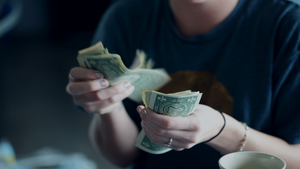
Jeffry Bartash - MarketWatch
Consumer Confidence Leaps in June: Nears Pre-Pandemic Peak as COVID Wanes in US
The confidence of Americans in the economy jumped in June to the highest level since the coronavirus pandemic hit the US in March 2020. The survey of consumer confidence leaped to 127.3 this month from 120 in May. This beat projected forecasts made by economists which had anticipated the index coming in at 118.7. This marks the 6th straight month that the index has risen. Part of the survey asked how consumers feel about the economy right now, and this number shot up by almost 10 points to 157.3 — more than double the pandemic low of 68.4 in May 2020.
The key takeaway is that US consumers are echoing what many economists believe, that the worst is behind us and there is a promising time of growth ahead. Although consumers are worried about inflation more than ever, they seem to be taking Jerome Powell's opinion that it is transitory considering the confidence level reported. Consumers that were polled said they plan to purchase more big-ticket items and take vacations.
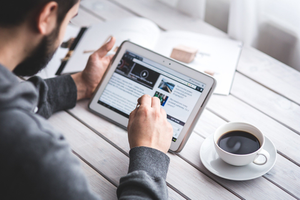
From the Waterloo Watercooler
Beginning July 1, the NCAA will allow its athletes to profit off their own personas — something they hadn’t been able to do in the past.
Bobby Bonilla, a former Mets 3rd baseman had his annual payday on July 1 for $1,193,248.20, which will continue through 2035 despite not having played since 2001.
Juul pays $40M in a North Carolina vaping lawsuit.
Chinese ride-hailing company Didi Global Inc raised $4.4 billion in its US IPO on Tuesday.
The stock-trading app Robinhood was ordered to pay nearly $70 million Tuesday by financial regulators for misleading its customers.
How dangerous is the Delta variant, and will it cause a COVID surge in the US?
